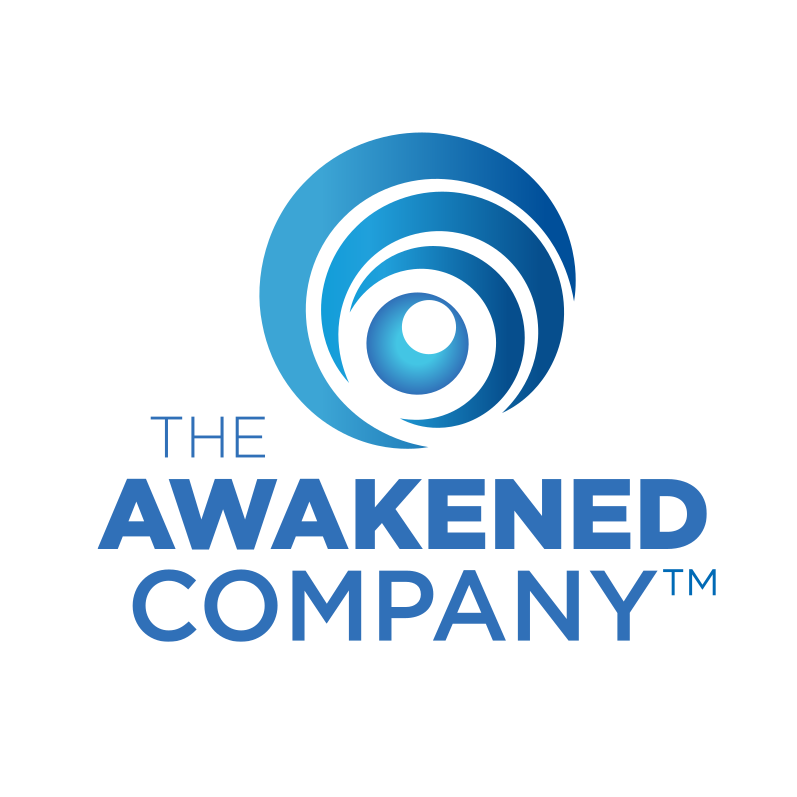What’s Missing in Today’s Business World
The modern workplace lacks humanity, hurting performance and sustainability. How to bring it back to your company.
Most new companies perish within nine years of their founding. There are also countless examples of failed major organizations, like Arthur Anderson, Lehman Brothers, and Enron. The individual, social, environmental, technological, and political costs of all of this failure are astronomical.
The prevalence of failure in business tells us something about the way we do business. While there are many causes for business failings and economic downturns, they tend to include a mercurial concoction of factors such as lack of foresight, poor strategic planning, lack of capital, lack of adequate and properly trained personnel, technological advances, geopolitical forces, increased competition, and often just plain greed.
In addition to the ups and downs of the market—with its extremes of increasing wealth for the few and the loss of even hard-earner pension funds for others—a particularly tragic aspect of the modern economy is that the majority of the workforce is disengaged. It’s a factor that increases the likelihood that companies either don’t thrive as they could or survive over the long term.
Underpinning all of these reasons for our economic woes are humans who in some way fail to perform in an optimal manner, both in the head office and on the shop floor. The reason is that much of the business world tends to have a dehumanizing effect on people, which ultimately undercuts worker enthusiasm, creativity, commitment, and performance.
When we value people instead of devaluing them as if they were to be merchandized, we greatly benefit as organizations, as societies, and as a world. Our bipolar boom-bust economy is the result of a workplace that lacks humanity. “Profit above people” is a bad mantra with a poor prognosis for the wellbeing of individuals, families, society at large, and the world as a whole.
It’s clearly time to change our metrics of success. We need to bring humanity back into organizations by establishing strong one-on-one relationships in our workplaces, defining a clear reason for our companies’ existence that our people at every level can believe in, and ensuring that everything we do as an organization is responding to the deeper needs of society.
How do you put these principles into effect in your business? Drawing on my own experiences and conversations with inspiring entrepreneurs, leaders and thinkers, here are three types of practices you can implement to bring humanity back to your business.
RE-ENERGIZE
Have your team recreate your vision, if the timing is right. People support what they create. This doesn’t mean the executive locking themselves up in a room to write a new business plan. It means getting feedback from everyone in your organization about why you exist. Making gobs of money doesn’t capture most people’s true hearts, so you need to find out what does.
SUSTAIN
I made huge mistakes about BluEra’s vision, as I learned the hard way. In one instance, we had scheduled a planning session with a consultant from Denmark. When the consultant asked what the team vision was, no one remembered. Imagine my embarrassment.
I had done a very poor job of reiterating and sustaining the vision of the organization. Now, we have our vision on our website, our blogs, on cakes—I’m constantly reminding our team of it. If your vision is in good shape, do something today that reiterates it to the team in a way that they will remember. Booking one-on-one meetings with members of your team to discuss the vision can also prove valuable.
REGENERATE
From answering emails from bed to checking messages in meeting, we are burning ourselves out with constant work. To implement alternate metrics of success leaders are increasingly utilizing practices such as meditation, and yoga, stillness breaks for staff, and mindfulness training. These practices allow us to be more thoughtful and inquiring.
• • • • •
The results of these changes will be less failures, more engagement on the part of personnel, and a deeper sense of meaning for everyone involved in and connected to our organizations. Let’s start considering the quality of our experiences in the workplace.
Catherine Bell is the founder of BluEra and author of the upcoming book The Awakened Company. BluEra was ranked #123 on the 2015 PROFIT 500 Ranking of Canada’s Fastest-Growing Companies.
• • • • •
Article originally appeared in Profit Guide by Catherine Bell.

